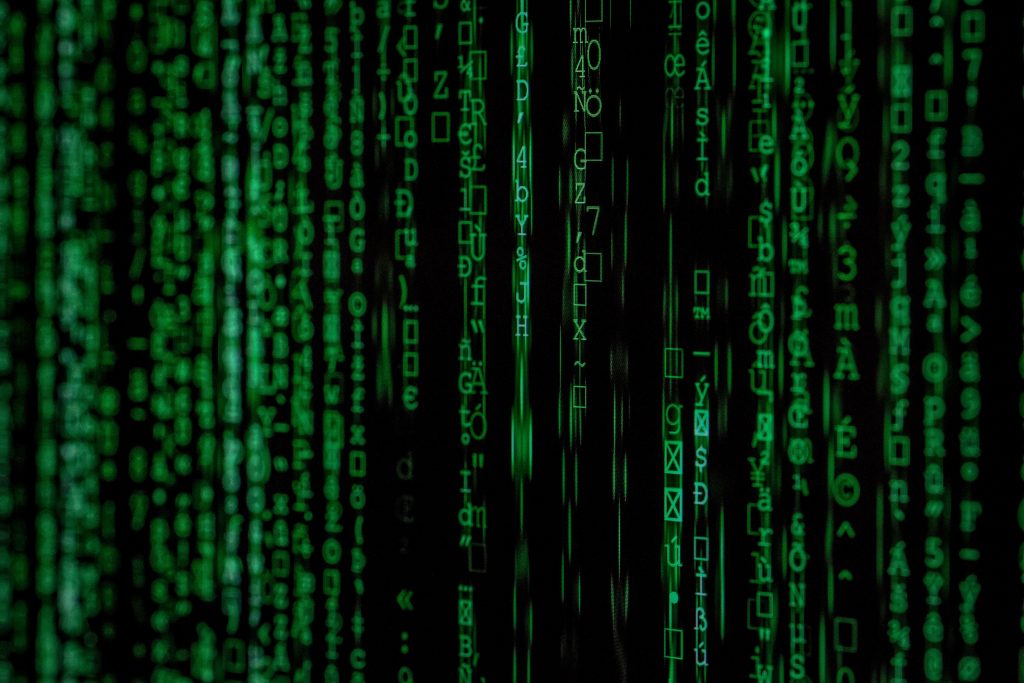
A snake crosses the sidewalk 5 feet in front of you. If you’re my nephew, you walk up to it to check it out. You might even pick it up. If you’re me, you turn and run the other direction, assuming you can overcome paralyzing fear. The same event triggered two different reactions from two different people. We all bring our own unique fears, experiences, and emotions to any situation. One man’s insurmountable obstacle is another man’s motivation to try harder. It’s the same obstacle! To understand why this happens, we can turn to computers for an analogy.
In computer terms, an algorithm is defined as “a process or set of rules to be followed in calculations or other problem-solving operations.” Simply speaking, algorithms have one or more inputs and an output. If I have an algorithm that says, take two numbers as input and add them together then when I input 6 and 2, the output will be 8. If I change the algorithm to multiply the same two inputs, the output becomes 12. Same inputs, different outputs all because of the algorithm.
Similarly, when we’re born, our brain’s algorithms are pretty simple. As we develop, we constantly change and refine our algorithms. Hot stove equals burned fingers equals pain, so hot objects should be avoided. I shouldn’t put dirt in my mouth because mom gets mad. Mom is scared of that dog, so dogs are scary. Failure is bad, and success is expected so I’m stupid if I fail. My girlfriend dumped me for a real jerk so nice guys finish last. On and on we go through life.
Algorithms are a simplified way of describing the reason that, as human beings age, it becomes increasingly more likely that the same inputs will generate different outputs among different people. This is crucial to understand because we often think that our outputs are logical, rational, and “common sense” without considering that our brain wouldn’t allow anything less because our algorithms – which are themselves unique to us – are creating those outputs.
Algorithms are a simplified way of describing the reason that, as human beings age, it becomes increasingly more likely that the same inputs will generate different outputs among different people.
How does this relate to homosexuality? Well, for starters, your perceptions, judgments, and outlook on homosexuality are shaped greatly by an algorithm. Whatever your view of homosexuality, I guarantee you did not come out of the womb with this algorithm about it. Adults intentionally or unintentionally shaped your algorithm around it (and a whole bunch of other stuff, but let’s stay focused).
If you’re finding that the output you’re getting around homosexuality is not the one that serves you, it’s helpful to examine what influenced your algorithm so you can challenge the algorithm. For example, if you think being homosexual is a choice, your algorithm for equal rights for gays might sound something like, “It’s a choice. If they want to get married/not be fired/adopt children, they should just choose to be straight.” If you later learn that being gay isn’t a choice, you have no choice but to revisit that algorithm. Now it won’t feel the same way to deprive someone of a marriage/job/child because of something they cannot control.
Your mind is changeable by challenging the beliefs that shaped your algorithms. We all need to own our outputs rather than assume they’re universal outputs for all people.
Photo by Markus Spiske temporausch.com from Pexels